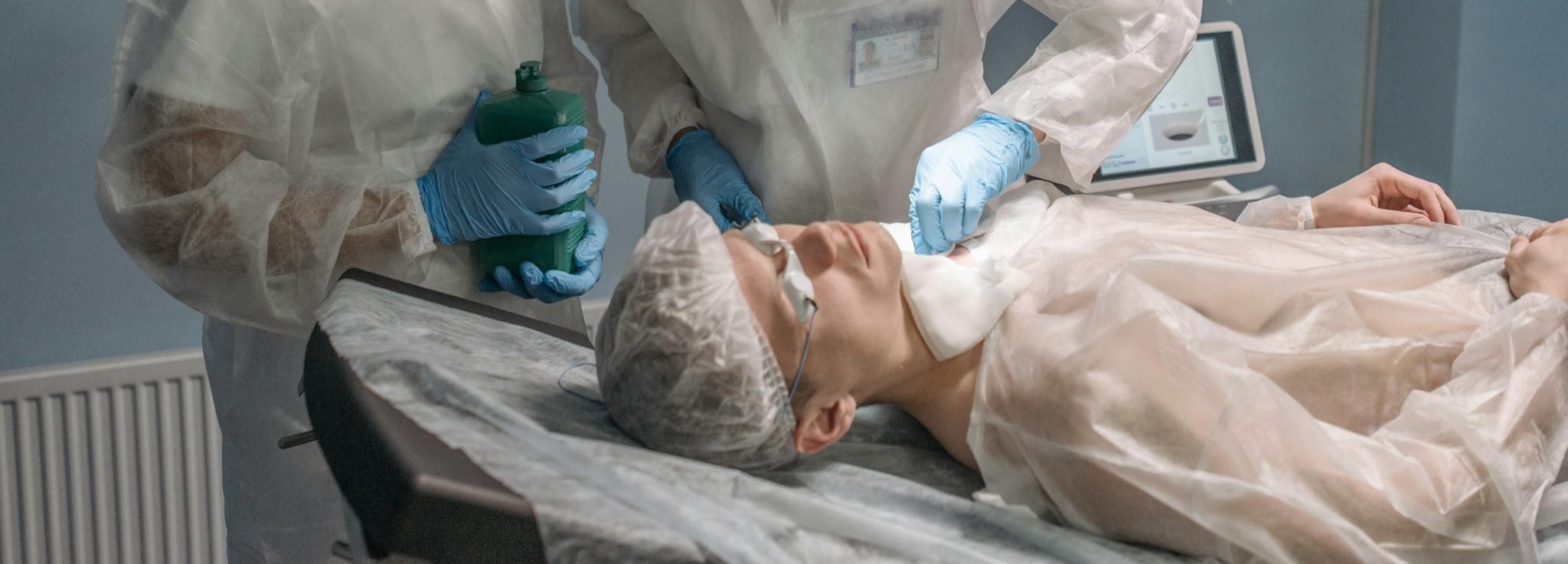What Makes Someone a Good Candidate for Laser Eye Surgery
Laser eye surgery is a procedure that aims to correct vision problems such as nearsightedness, farsightedness, and astigmatism. This procedure uses advanced laser technology to reshape the cornea and improve vision without the need for glasses or contact lenses. Knowing if you are a good candidate for eye surgery helps you make an informed decision about whether to undergo the procedure. Here are some factors that make someone a good candidate for refractive eye surgery.
Stable Vision
Refractive eye surgery is effective when the vision of the candidate has been stable to allow for accurate measurements. It indicates that the individual's prescription has remained consistent over a specific period. This stability promotes the corrective treatment to address a consistent refractive error, leading to more predictable outcomes. Stable vision reduces the likelihood of needing enhancements or experiencing unexpected changes post-surgery. Candidates with stable vision are more likely to achieve long-term satisfaction and minimize reliance on corrective eyewear.
Corneal Thickness
The cornea is the clear, dome-shaped surface covering the front of the eye. In laser eye surgery, a flap is created in the cornea's outer layer to access and reshape the underlying tissue. The candidates must have sufficient corneal thickness to make this flap without compromising its structural integrity. A thin cornea reduces the amount of tissue available for reshaping. A thorough evaluation will assess corneal thickness, shape, curvature, and topography. Thin corneas may affect intraocular pressure measurements, influencing glaucoma risk assessment
Age Range
The FDA has approved laser eye surgery for patients aged 18 and above. It is not advisable to perform the procedure on individuals younger than this age as their eyes are still developing and changing. People over 60 may experience age-related vision changes that may affect the stability of refractive error measurements and outcomes. Age may also affect the healing process as older individuals tend to have slower healing times. A thorough evaluation by a qualified eye doctor will help determine if an individual is within the appropriate age range for refractive eye surgery.
Medical Conditions
Certain medical conditions may exclude individuals from being suitable candidates for laser eye surgery. These conditions include autoimmune diseases, chronic dry eye, diabetes, and glaucoma. The presence of these conditions affects the healing process and may reduce the effectiveness of the surgery. Candidates need to reveal their complete medical history to their eye doctor during the evaluation process. This will help the doctor determine if it is safe for them to undergo the surgery. The doctor may also recommend alternative procedures or treatments based on the individual's medical conditions.
Pregnancy and Nursing
Pregnant women are not suitable candidates for the surgery, as hormonal changes during pregnancy may cause fluctuations in vision. These changes may affect refractive error measurements and make it challenging to perform the surgery accurately. Nursing mothers are advised to wait until they have stopped breastfeeding before undergoing the procedure.
Certain medications used during the surgery may pass through breast milk and affect the baby. Women should discuss their plans for pregnancy or nursing for a proper assessment of their suitability. The doctor may advise waiting until after pregnancy or breastfeeding to undergo the surgery. The safety of unborn babies and infants is a determinant factor in this decision.
Eye Health
No significant dry eye or other eye health issues should be present before undergoing the surgery. Dry eye is a common condition that can cause discomfort and blurred vision and may interfere with post-operative healing. Environmental factors, hormonal changes, or certain medications may cause the condition. Regular visits to an eye doctor for routine check-ups help maintain good eye health and verify that any issues are addressed.
Transform Your Vision with Laser Eye Surgery
Laser eye surgery is a popular choice for vision correction, with many benefits for those who qualify. Some of the advantages include improved vision without the need for glasses or contacts. The increased independence and convenience, particularly for those with active lifestyles. The long-term cost savings of not purchasing glasses or contacts can be substantial. A thorough assessment by an experienced eye surgeon and open communication about any concerns or questions can help determine if the procedure is proper for you. Visit an accredited refractive eye surgery clinic to learn more about the procedure.

Post a comment